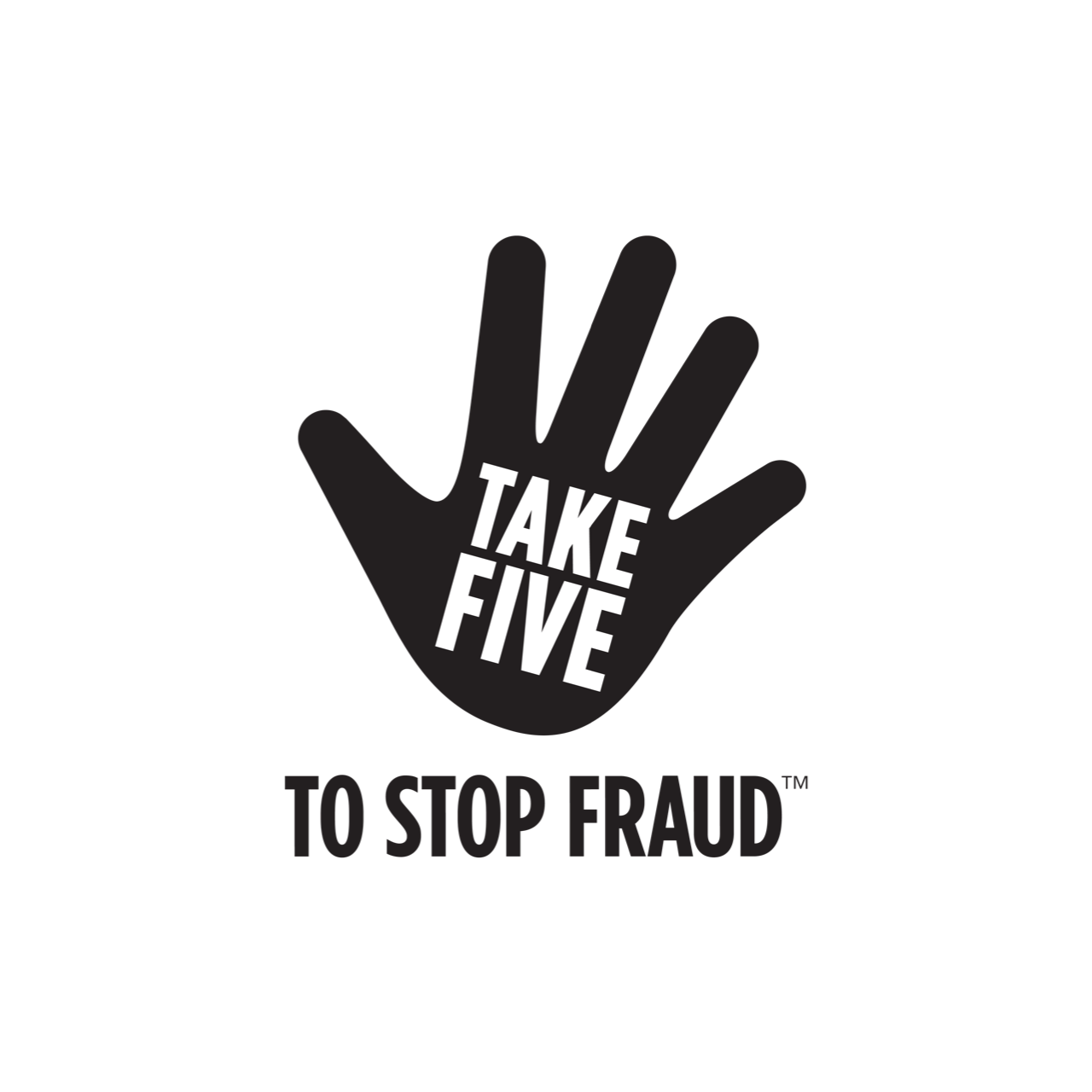Authorised push payment (APP) fraud is where someone tricks you into sending them money from your bank account.
There are a few ways this usually happens:
• Social engineering, where a fraudster manipulates you into sending them money by tricking or coercing you, like pretending to call from your bank and asking you to move money to a "safe account" that really belongs to them. They may also pretend to be from HMRC, which you can read more about here.
• A purchase scam, which is when you make a payment by bank transfer for something like gig tickets or second hand goods. But the items never arrive, the seller blocks you, and you never get your money back.
• Investment scams, where you're engineered to pay a small amount of money for something, like an investment scheme, with the promise of a larger amount being released back to you. The fraudster then either blocks you once they receive the payment, or could possibly ask you to pay them even more.
When you make a bank transfer to a fraudster's account it's like paying with cash. It's very difficult for us to get your money back as they'll usually move the money out of the account you sent it to as soon as they get it.
How you can protect yourself
Here are some important tips to help you avoid falling victim to a scam like this:
Question who you’re talking to. Remember that fraudsters may know basic details about you, and can fake phone numbers, names and email addresses.
If someone claiming to be from your bank contacts you out of the blue, hang up the phone and get in touch with them directly using known contact details (you can usually find a bank's contact details on the back of your debit/credit card).
Take your time. Fraudsters will often try to scare you into sending money or revealing details, by saying that your account is under threat or they'll involve the police if you don't comply.
An organisation you trust will never try to panic you, stop you from talking to friends or family, or force you into making a bank transfer on the spot.
If it sounds too good to be true, it probably is. Fraudsters will attempt to lure you into buying non-existent or counterfeit products by selling them on platforms like Facebook Marketplace, and Gumtree for a significantly reduced price.
Have the confidence to say no. Listen to your gut instincts and leave the conversation if something feels off.
A trustworthy person shouldn’t make you feel embarrassed or guilty.
If you have any doubts at all, it's always better to double check than go along with it. Because once your money’s gone, it's often incredibly difficult to get it back.
